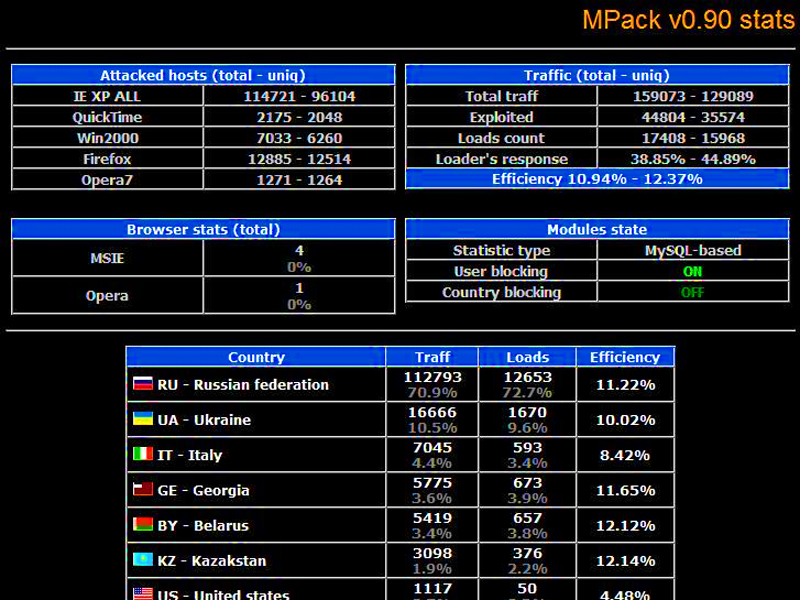Cyber-terrorism is not yet a credible threat
But soon could be, says new report from Washington policy think tank

Cyber-terrorism is not yet a credible threat to western security, according to a new report from a Washington policy think tank.
The report was written by James Lewis of the Center for Strategic and International Studies, and considers the threat of 'cyberwar' in the context of recent attacks on Korean networks, suspected by many to have originated in North Korea.
Lewis refers to the widespread idea that terrorists have attack capabilities and are currently not choosing to deploy them them 'nonsensical.'
"The July event was not a serious attack. It was more like a noisy demonstration. The attackers used basic technologies and did no real damage. To date, we have not seen a serious cyber attack," Lewis writes.
A growing threat
However, this is by no means a reason to deny the importance of monitoring and researching the causes and locating the perpetrators and actors behind cyber-attacks. Far from it, as Lewis adds:
"A very rough estimate would say that there is a lag of three and eight years between the capabilities developed by advanced intelligence agencies and the capabilities available for purchase or rental in the cybercrime black market. The evidence for this is partial and anecdotal, but the trend has been consistent for more two decades.
Get daily insight, inspiration and deals in your inbox
Sign up for breaking news, reviews, opinion, top tech deals, and more.
"The implications for the United States are troubling. We have, at best, a few years to get our defenses in order, to build robustness and resiliency into networks and critical infrastructure, and to modernize our laws to allow for adequate security. Our current defenses are inadequate to repel the attacks of a sophisticated opponent.
"In the Cold War, there was symmetry in vulnerabilities – each side had cities and populations that the other could hold hostage. That symmetry no longer exists. The United States is far more dependent on digital networks than its opponents and this asymmetric vulnerability means that the United States would come out worse in any cyber exchange."
You can read the entire (chilling) report, online at The 'Korean' Cyber Attacks and Their Implications for Cyber Conflicts
Via Threatpost.com
